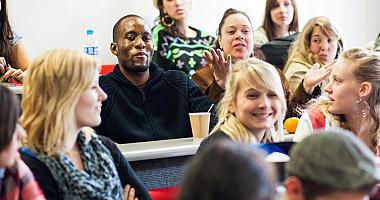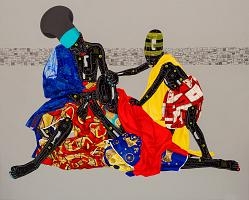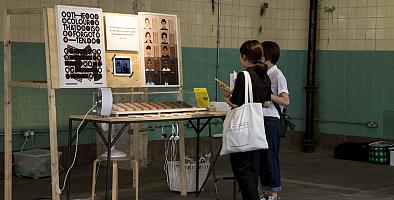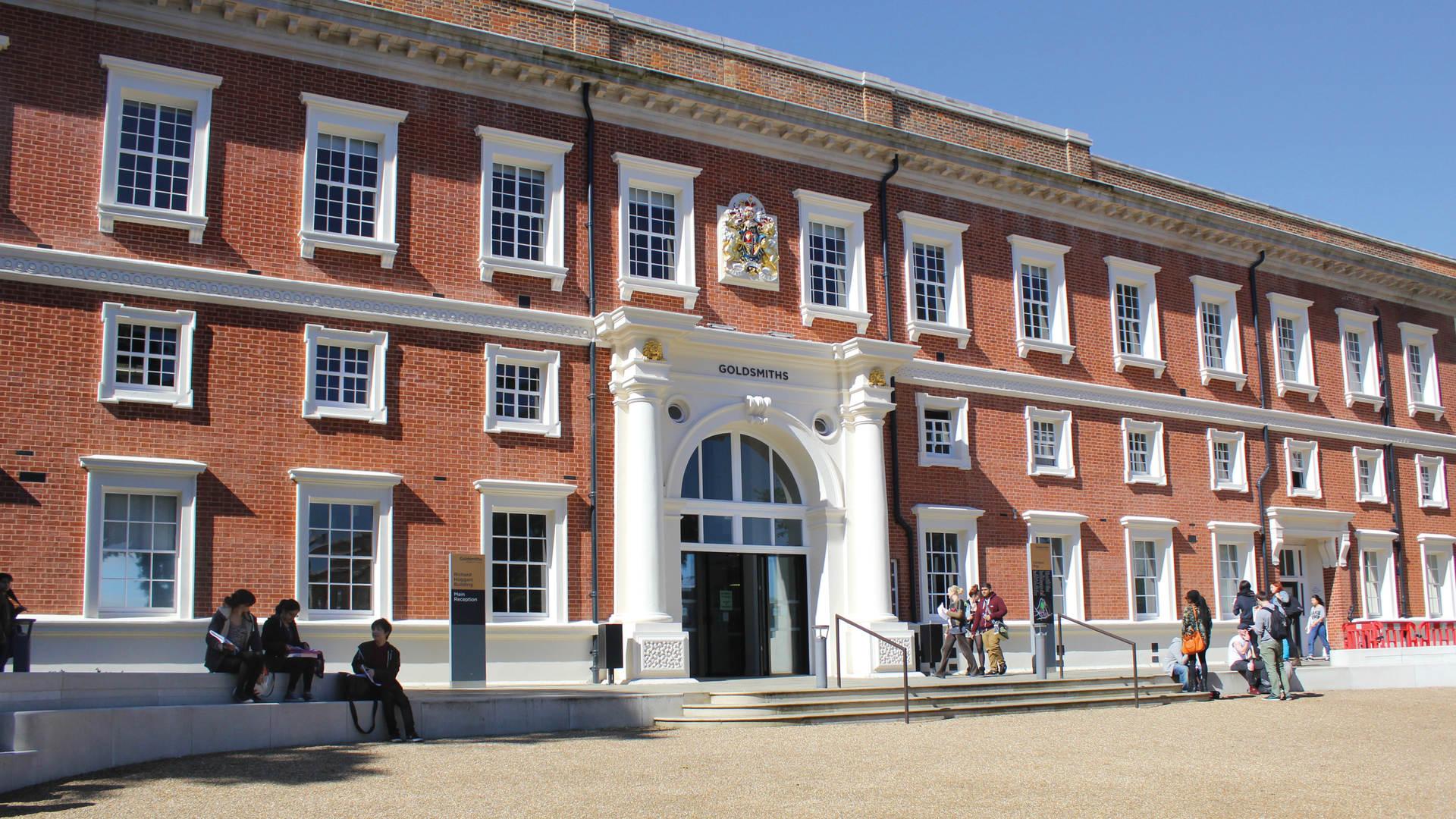Course information
Department
Length
1 year full-time or 2-5 years part-time
Scholarship information
Course overview
This programme will enhance your understanding of educational theory and practice by focusing on issues of culture, language and identity, and is taught by internationally-renowned experts.
Why study MA Education: Culture, Language & Identity at Goldsmiths
- This MA programme explores the significance of identity and culture in education contexts. While we draw on theories and research from other traditions, our focus is on how society and culture inform our understanding of who we are as teachers and learners, and how those identities impact on the teaching and learning process.
- The programme is designed for educators at all levels, including those in informal learning contexts, and others interested more broadly in the field of education. It places a strong emphasis on student-centred and directed independent learning and research.
- Teaching sessions and personal tutorials focus on supporting you to bring together your reading and reflections on your own learning and teaching experiences, enabling you to develop a better informed, more critical, and more analytical approach to educational processes.
Live chat with our teaching staff
Meet virtually with the MA Education, Culture, Language and Identity teaching staff to learn more about this exciting MA, the cross-disciplinary modules you could take and ask any other questions you may have.
View dates of upcoming chat sessions and book a slot with Christopher Millora.
Contact the department
If you have specific questions about the degree, contact Dr. Veronica Poku.







